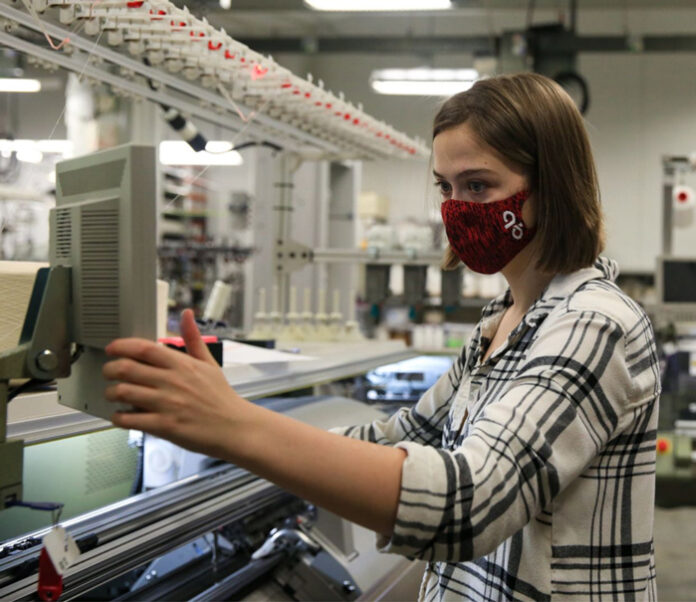A consortium of 40 textile engineers, pivotal in managing Bangladesh’s annual $3 billion textile industry, has pinpointed significant challenges plaguing the local textile and garment sector.
These obstacles include a discernible skills gap, a prevailing trust deficit between employers and employees, escalating operational costs juxtaposed with dwindling product prices, and the unreliability of utilities coupled with soaring energy expenses.
The engineers, many of whom have transitioned into entrepreneurial roles or occupy top positions within textile and garment enterprises, voiced concerns that these challenges might impede the sector’s growth trajectory.
Notably, they emphasised the arduous process of obtaining services from various government agencies, spanning customs, VAT, income tax, environmental regulations, factory inspections, energy regulation, public infrastructure, and fire safety departments.
Moreover, the group lamented the subpar support from non-governmental entities, such as the RMG Sustainability Council, trade unions, and banking and insurance sectors, along with inadequacies in consultancy services and vendor relations.
These issues were discussed during a gathering convened by the Textile Engineers – Entrepreneurs in Dhaka recently, shedding light on the multifaceted challenges confronting Bangladesh’s vital textile and garment industry.
Addressing these hurdles effectively will be imperative for sustaining and enhancing the sector’s contributions to the national economy, they opined.












